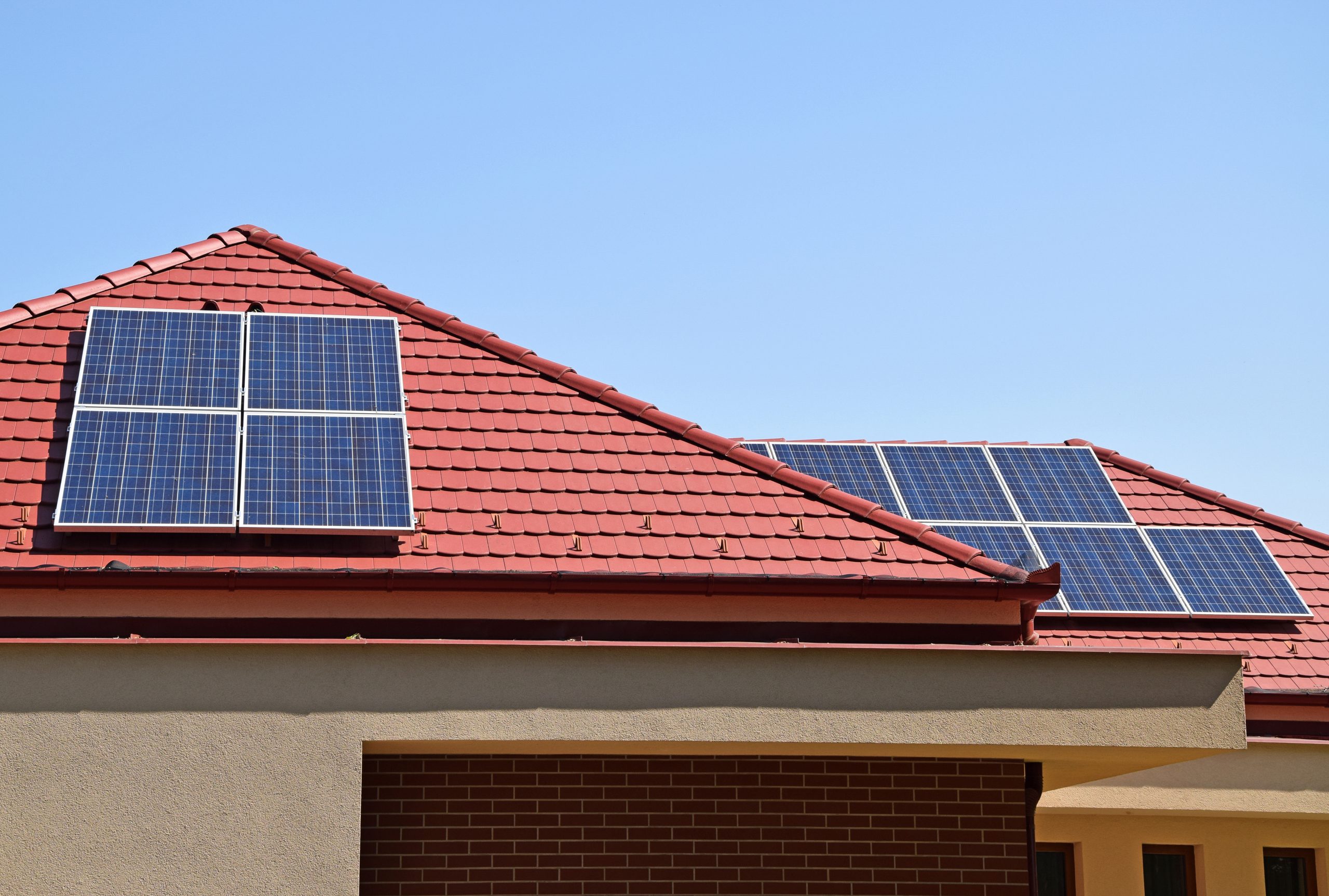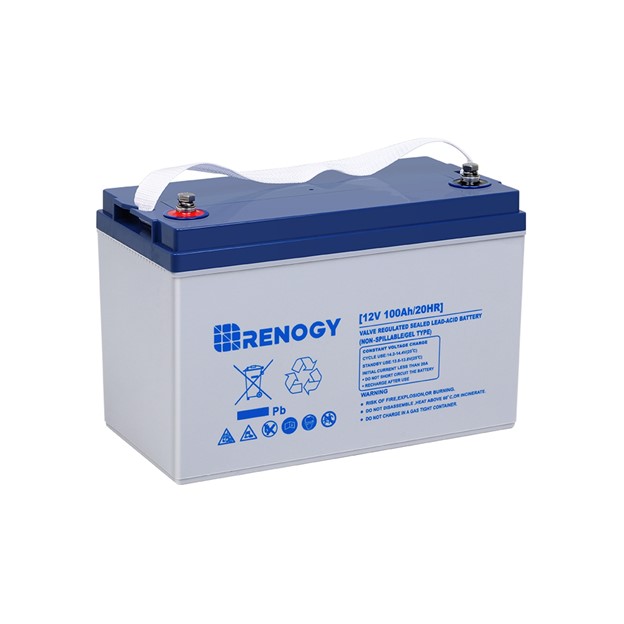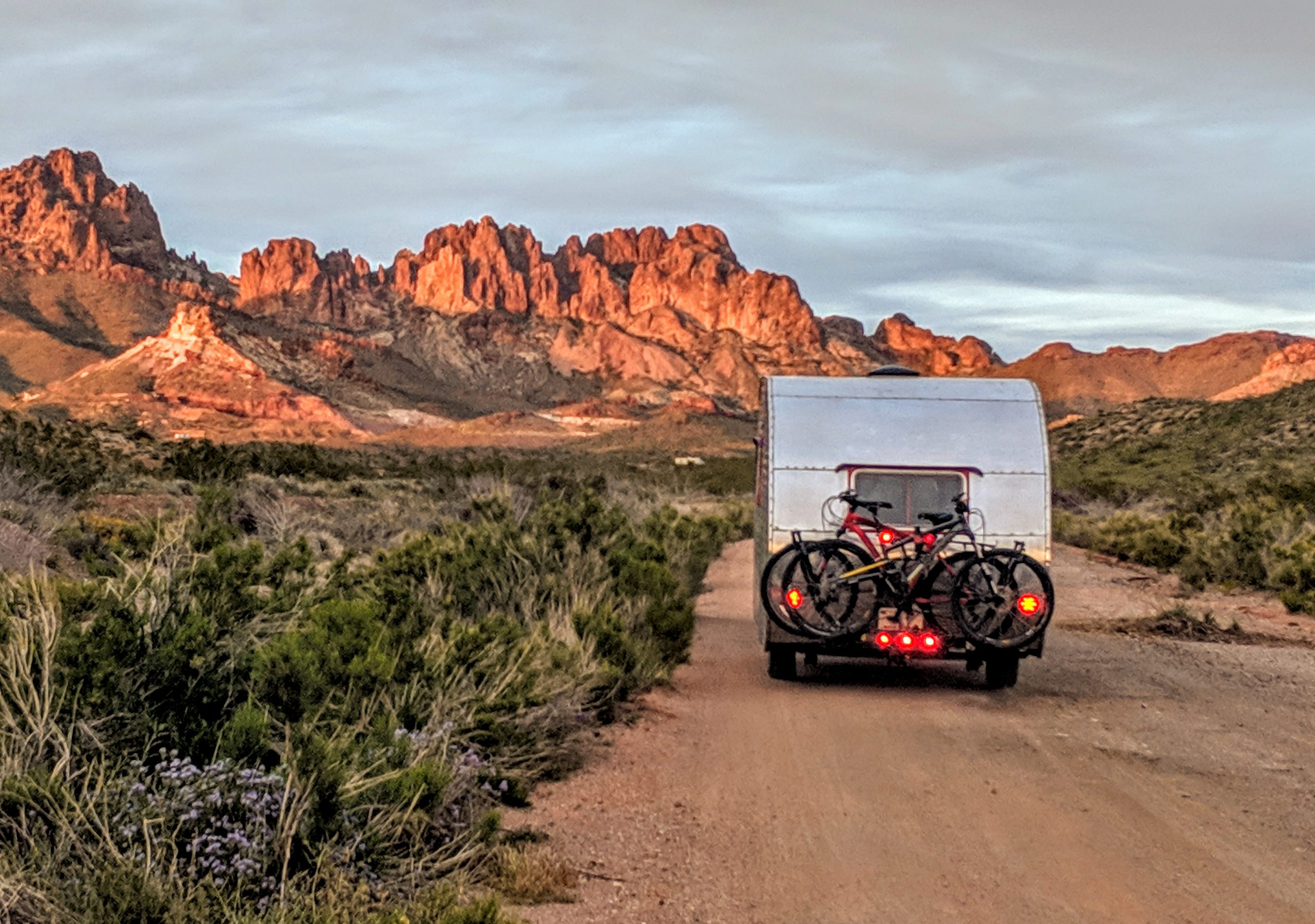Deciding on a solar installation for your home
When it comes to installing solar on your home, you may think it’s a monumental task that involves navigating red tape, hiring countless contractors, and spending lots of your hard-earned money. Although that can definitely be the case in many instances, Renogy’s home solar panel kits make it easy for you to go off-grid on your own, all without the headache.
What are the differences between on-grid and grid-tied solar?
Off-grid systems utilize a battery bank to store energy produced from solar panels. The benefits of off-grid solar systems include having access to power during a blackout, a lower carbon footprint, and the end of monthly utility bills. For those living in a tiny home, cabin, or isolated area or are in an area where they don’t have reliable, steady access to power from the grid, off-grid solar can be a great solution.
It’s always important to properly size and design a solar system, but this is especially the case in off-grid systems where you are 100% relying on your own energy production. You won’t want to be stuck in the dark or cold because you undersized your system.
When you’re on-grid, solar energy will be one of a few different energy sources, meaning you won’t need to install as large of a system as you would if you were off-grid. Staying connected to the grid is a great approach to ensuring you can have steady access to electricity and also take advantage of the economic benefits of solar.
Is off-grid home solar right for you?
• You want to be energy independent and stop paying money to the utility.
• You live in an area without reliable, steady access to power from the grid.
• You want to live sustainably and lower your carbon-footprint.
What are the pros and cons of an off-grid solar system?
Pros:
• No more monthly utility bills.
• You’ll have continued access to power, even during a blackout.
• Be green and reduce your carbon footprint.
Cons:
• You still may need a gas-powered generator to cover extra energy needs, especially in the winter.
• Off-grid is still generally more expensive than being on-grid.
Are Renogy’s home solar panel kits a good option? What do they include?
Renogy’s home solar kits are designed for perfect for off-grid use and come with everything to power up a cabin, tiny home, or other small building. You’ll still need to purchase an inverter and batteries to complete your system.
What are the pros and cons of installing a home solar installation yourself with a solar kit?
Pros:
• You’ll save money you would’ve spent on installation costs using a home solar kit.
If you’re doing much of the work yourself, you could be saving thousands on installation costs.
• The home solar kit includes almost everything you need to get started.
The solar kits include many of the components you need, and you don’t have to worry about making sure those components are compatible with each other.
Cons:
• Installing solar can be complicated and requires training and expertise
If you decide you want to do the installation yourself (either the whole thing or just part of it), take the time to do some research and gather as much information as you can confidently tackle your solar project.
• You have to handle permitting on your own if you want to have a grid-tied system.
One of the main benefits of working with an installer is they’re well-versed in your city’s rules, regulations, and permitting processes. Navigating that bureaucratic red tape on your own can often be more trouble than it’s worth in the end. Additionally if you are going to be connected to the grid, most utilities require the system to be installed by a certified professional, so make sure to check.
Steps for installing a solar installation using a home solar panel kit
1. Evaluate your energy needs.
You’ll first need to size your system based on your energy needs. The Renogy solar panel calculator is a great tool that makes it a quick and easy process to help determine your specific needs. You’ll just need to know what total watts your electronics will consume, how long you plan on running the devices, your charge controller efficiency, and average sun hours per day. The solar panel calculator will then be able to tell you the minimum and recommended system size, as well as the recommended battery output.
2. Plan for mounting panels on your roof.
You’ll want to take into consideration your roof’s condition and age. Is your roof near the end of its life? If so, it might be time to consider getting a new roof before installing panels on it. We’d recommend hiring a professional to evaluate your roof if you’re not sure it can withstand a solar installation.
3. Decide if you’re going off-grid or installing a grid-tied system.
4. Select a Renogy solar kit.
Renogy’s home solar kits are great for a variety of home applications. They come in sizes ranging from 1200 to 4800 watts.
5. Select your batteries and inverters.
If you’re going off-grid or want to have energy storage in your system, you’ll need to research to decide what battery is best for you. The amount of battery storage you need is based on your energy usage, so refer to your results from the Renogy solar panel calculator. Refer to our blog post about batteries for more information.
You’ll also need an inverter to convert the DC energy to AC, which is what most household appliances use. Refer to our blog post about inverters for more information.
6. Check for permitting requirements and install your system!
If you’re installing panels on a cottage, cabin, or home, do your research to see what permitting is required. Every jurisdiction is different. Once all your necessary paperwork is in place (if applicable to you), then it’s time for the actual installation. All of Renogy’s home solar kits include specifications about how to install the technology, but it never hurts to consult with a professional if you’re unsure.
Conclusion
Thanks to the home solar kits, going solar isn’t as scary, expensive, or complicated as it once was. If you are interested in going off-grid, and have the time and energy to dedicate toward a solar project, using a Renogy home solar kit can be a great way to meet your self-reliant energy needs.







